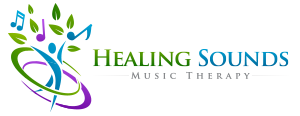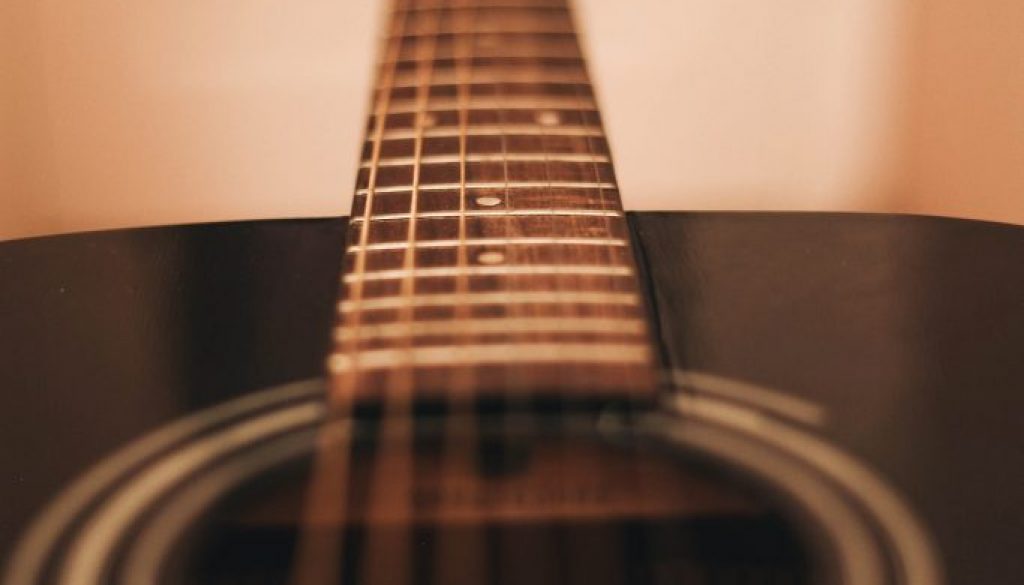Music Therapy for Depression
So how does music therapy help with depression? Do you just listen to sad/happy songs until you feel better?
Music therapy involves a lot more than just listening to music! For those times when we’re having a rough day, or things aren’t going well, or we’re just feeling a little down in the dumps– listening to songs that reflect those feelings can be helpful. Quite often song lyrics say exactly how we feel in a way that’s better than we could say it ourselves, so it makes sense that we’d want to listen to sad songs when we’re feeling sad.
But what if it’s not just a bad day or two? What if I’m truly suffering from depression? Sad songs don’t help with that, do they?
In that case, formal music therapy (which is so much more than just listening to music on your iPod) can be helpful. Here are some ways that research has shown that music therapy can be beneficial for you:
- decreased anxiety
- improved self-esteem
- enhanced self-expression and self-awareness
- improved coping skills
- increased motivation to engage in therapy
- enhanced personal relationships with peers and loved ones
Music is used in the therapy sessions in many different ways depending on your personal preferences, needs, musical likes/dislikes, and treatment goals. We may listen to music one session, play instruments in another session, or do artwork as part of our therapy together. We may spend the entire session talking, or speak very little at all and let the music speak for us.
If you’d like to know more about how music therapy can help you specifically in dealing with depression, please contact me at 256-655-0648 or e-mail at stephanie@imageryandmusic.com. I’ll be glad to answer your questions.





